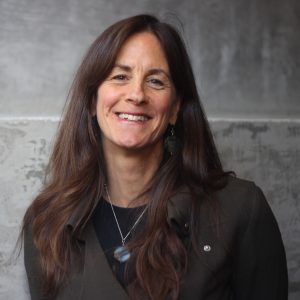One thing I love about design is how it can span the gap that exists for most of us between imagination and reality. What I love about sustainable design is that it goes a step further to span — and ideally close — the gap that between idealism and pragmatism, between sustainability and humanity.
For sustainable designers, there is no difference between what is radical and what is rational. For example, a sustainable designer might think:
Radical: I shouldn’t design things that contribute to climate change.
Rational: I shouldn’t design things that contribute to climate change.
Radical: I shouldn’t design things that result in toxic or plastic waste.
Rational: I shouldn’t design things that result in toxic or plastic waste.
Radical: I shouldn’t design things that increase environmental injustice.
Rational: I shouldn’t design things that increase environmental injustice.
Radical: I should design things that are welcome additions to the ecosystem.
Rational: I should design things that are welcome additions to the ecosystem.
Radical: I should design things that create conditions conducive to life.
Rational: I should design things that create conditions conducive to life.
Radical: I should design things that allow humans to be humane.
Rational: I should design things that allow humans to be humane.
What might you add to this list? How might you close that gap?
If you’re interested in leveraging the power of design to make the radical rational, we invite you to explore our fully online MA in Sustainable Design program! Our next MASD information webinar is Tuesday 16 February 2021 at 1:00pmCT.
If you can’t wait to get started, you can register for our no-credit fully online continuing education course Introduction to Biomimicry: A Sustainable Design Methodology that starts February 22.

